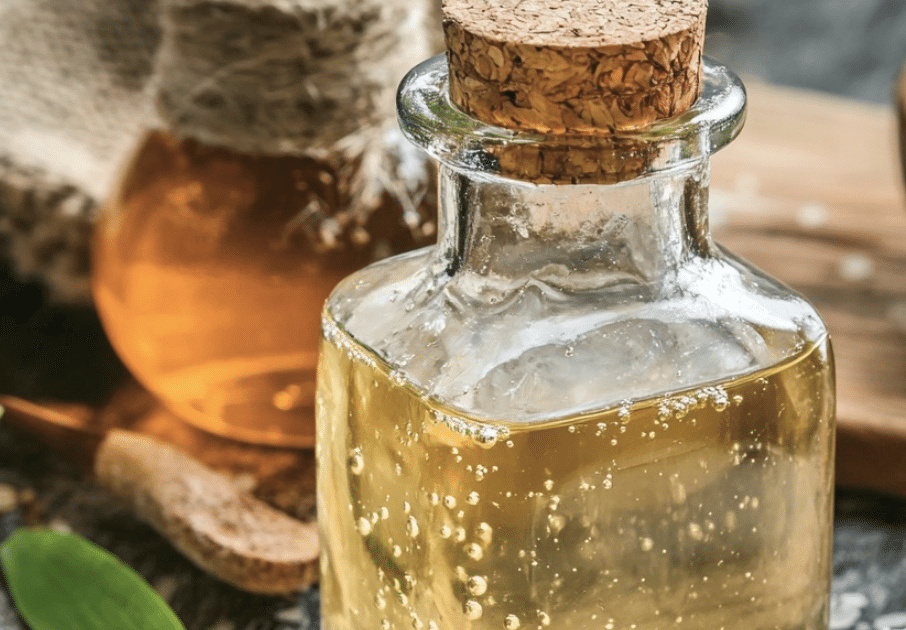
Finding the right substitute can be crucial for your recipe when you’re out of white vinegar.
Whether cooking, baking, or pickling, numerous alternatives can provide the acidity and flavor you need.
Each substitute brings its unique taste and properties, allowing you to tailor your dishes to your preference.
From the mild sweetness of apple cider vinegar to the rich depth of balsamic vinegar, these options offer versatility in the kitchen.
Explore these 17 substitutes for white vinegar and discover how you can continue creating delicious meals without compromising on flavor or quality.
Exploring the Best Substitutes for White Vinegar
1. Apple Cider Vinegar
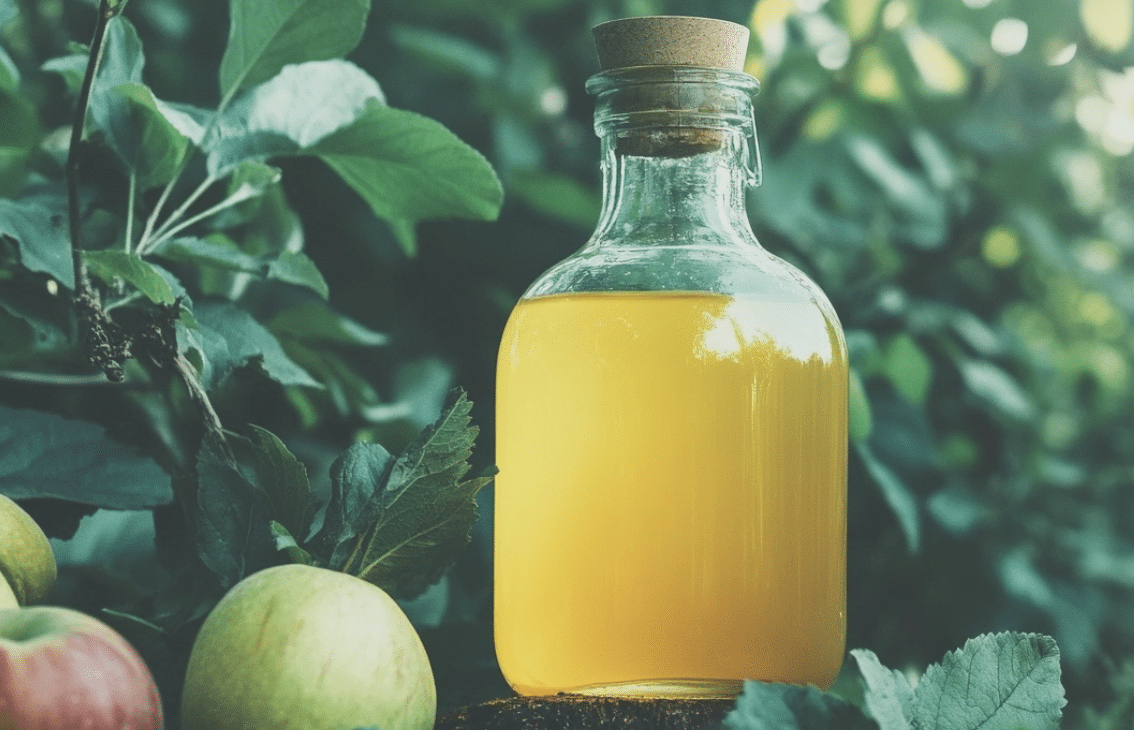
Apple cider vinegar is one of the most popular substitutes for white vinegar. Its milder flavor with a hint of apple makes it a versatile option for cooking and baking.
It can also be used in salad dressings, marinades, and pickling. To substitute, use the same amount of apple cider vinegar as white vinegar.
The slight sweetness of apple cider vinegar can add a nice touch to your dishes without overpowering other flavors.
2. Lemon Juice
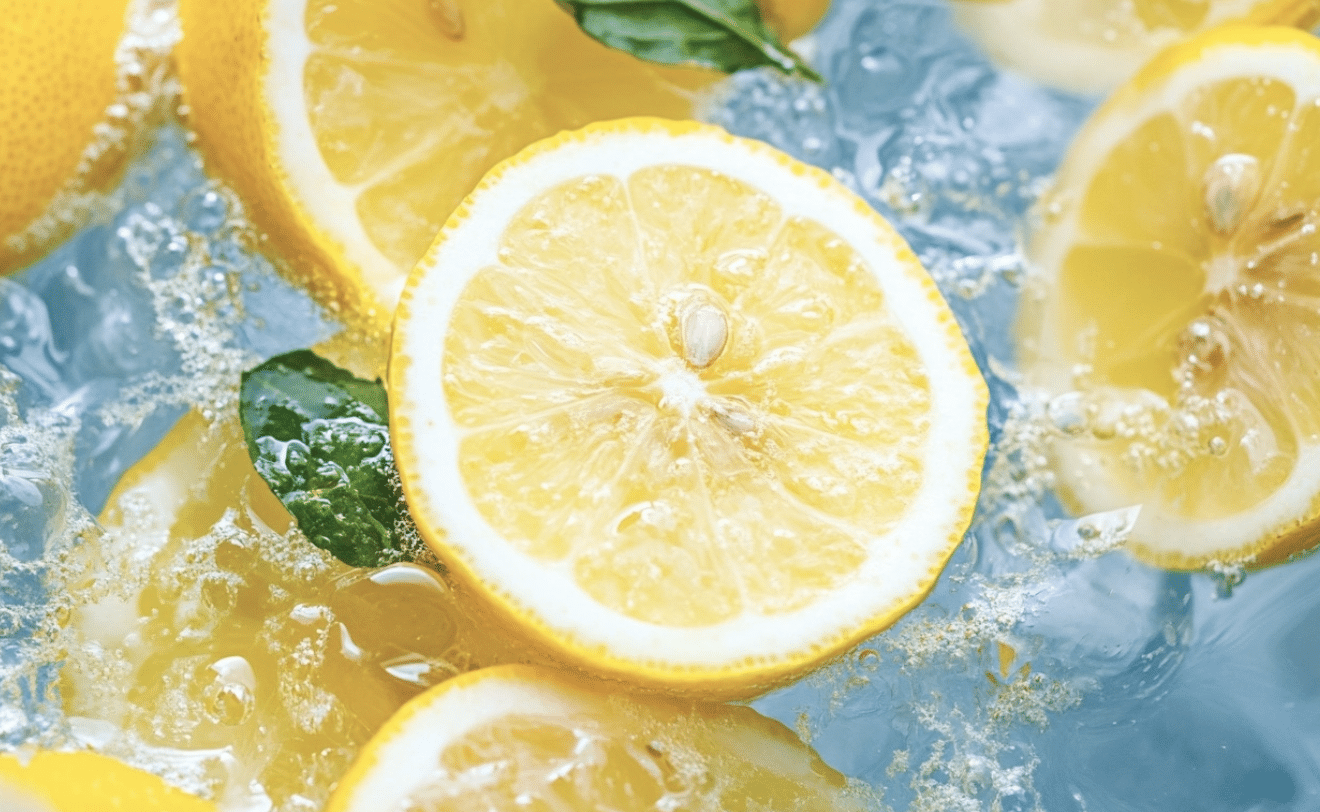
Lemon juice is a great natural substitute for white vinegar, especially in recipes that need a bit of acidity.
Its bright, tangy flavor works well in salad dressings, marinades, and baking. When using lemon juice as a substitute, use an equal amount to replace white vinegar.
The fresh citrus flavor can enhance the taste of many dishes, making it a versatile kitchen option.
3. Lime Juice
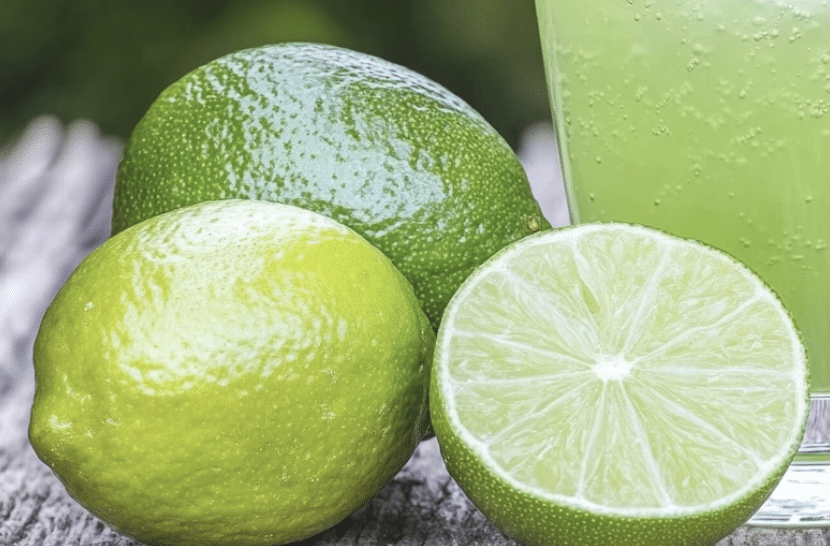
Similar to lemon juice, lime juice offers a fresh, tangy alternative to white vinegar. It’s especially useful in dishes with a citrusy kick, such as salsas, marinades, and salad dressings.
Use lime juice in the same quantity as white vinegar in your recipes. The zesty flavor of lime juice can brighten up your dishes and add a refreshing twist.
4. Rice Vinegar
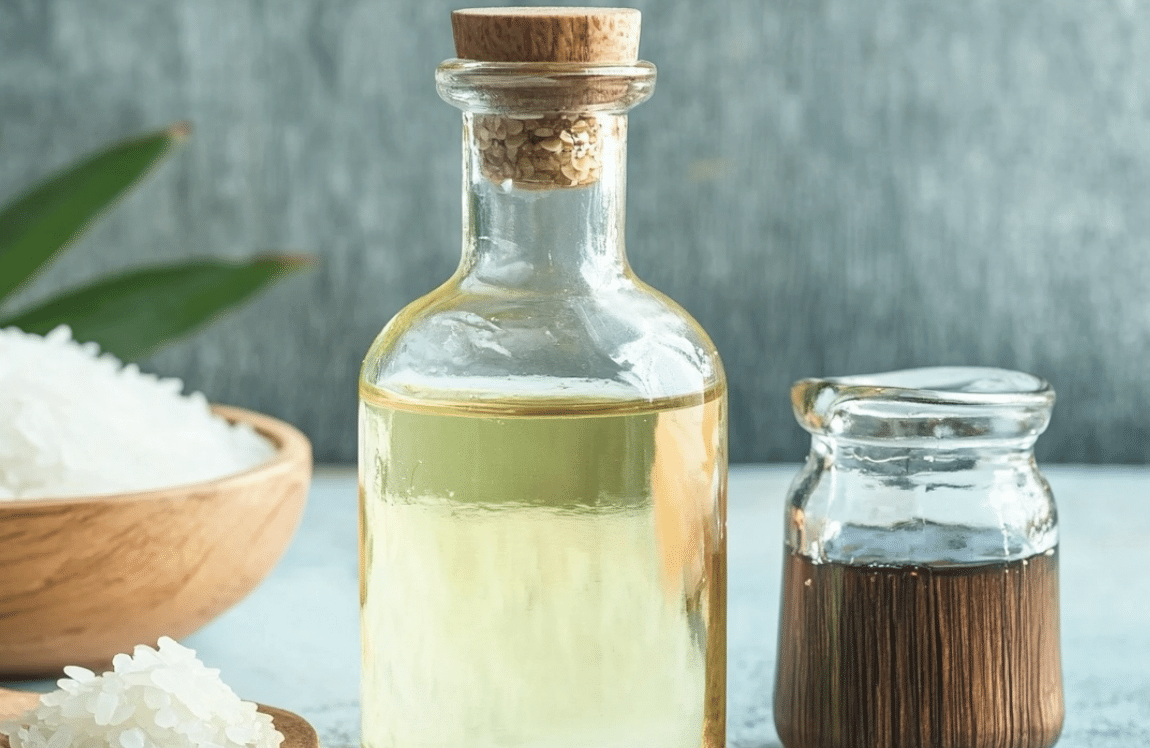
Rice vinegar is a mild and slightly sweet substitute for white vinegar, commonly used in Asian cuisine. It works well in stir-fries, sushi rice, and salad dressings.
Rice vinegar can be used equal to white vinegar, offering a more delicate flavor. Its subtle sweetness makes it a great choice for dishes that require a less intense acidic taste.
5. Red Wine Vinegar
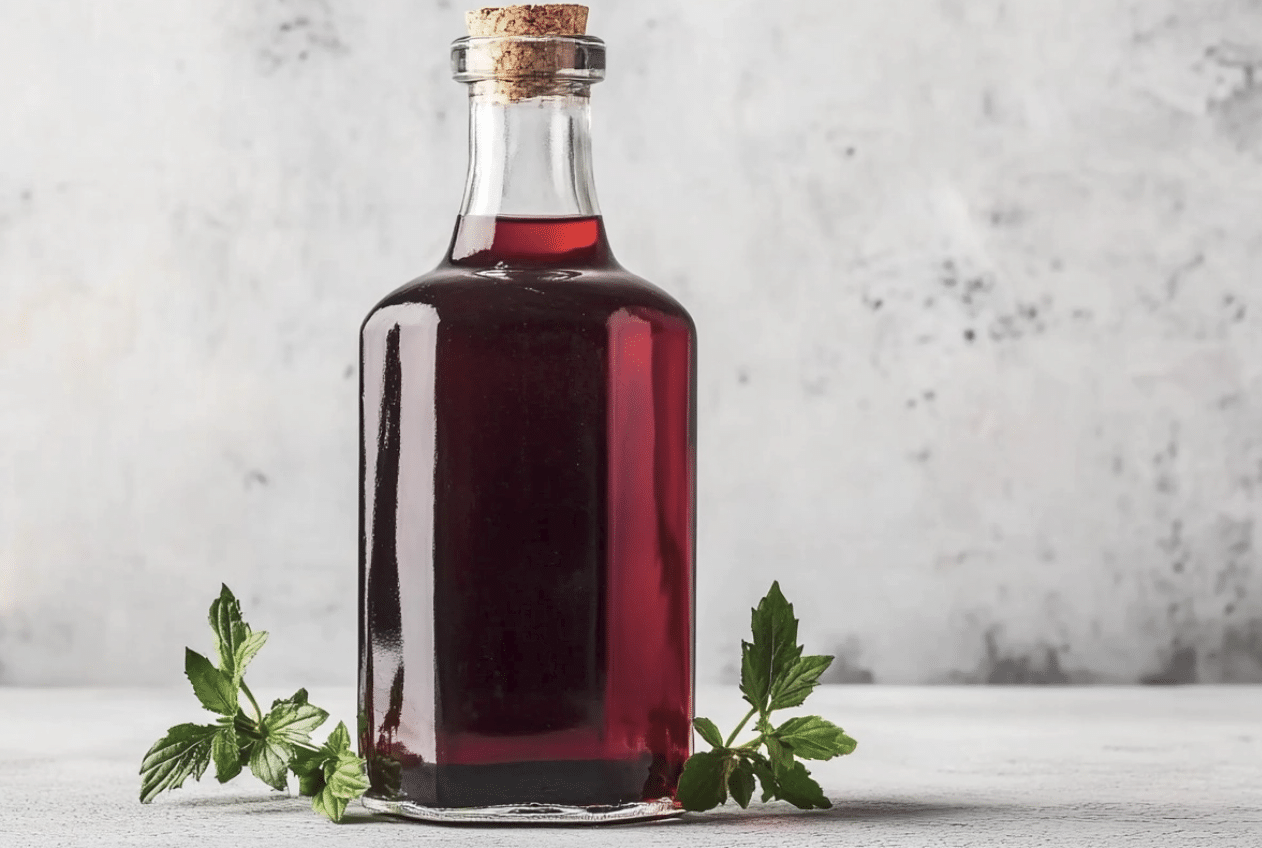
Red wine vinegar provides a richer, more robust flavor than white vinegar, making it a good substitute in recipes that call for a deeper taste.
It’s perfect for salad dressings, marinades, and sauces. Use the same amount of red wine vinegar as you would white vinegar.
Remember that it has a more pronounced flavor, so it may slightly alter the taste of your dish.
6. White Wine Vinegar
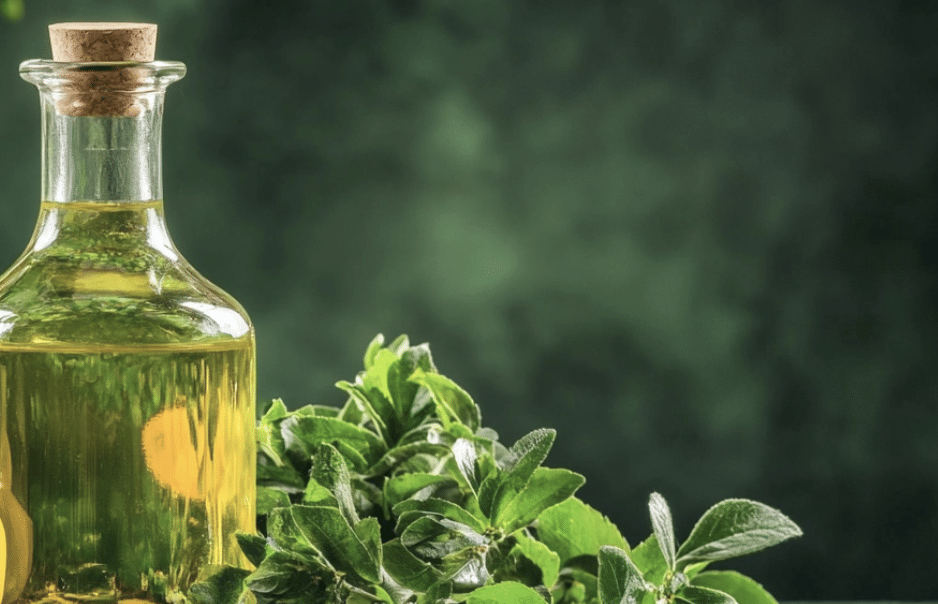
White wine vinegar is similar to white vinegar in acidity but has a slightly more complex flavor. It’s an excellent choice for salad dressings, marinades, and deglazing pans.
Substitute white wine vinegar in equal amounts for white vinegar in your recipes. It adds a subtle, refined taste that can enhance the overall flavor of your dish without being too overpowering.
7. Balsamic Vinegar
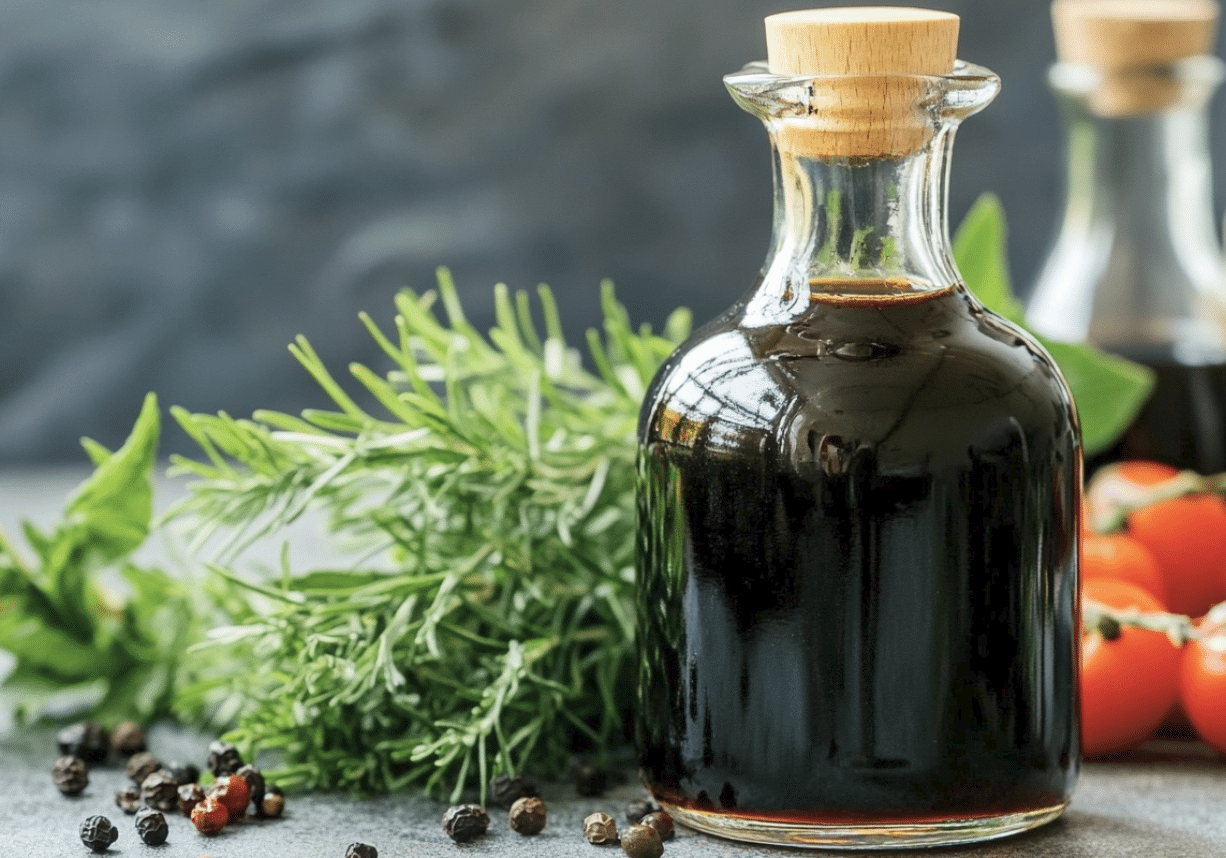
Balsamic vinegar is a sweeter and more complex alternative to white vinegar. It’s best used in recipes where its rich, slightly sweet flavor can shine, such as in salad dressings, glazes, and reductions.
Because of its distinct flavor, start by using a smaller amount, then adjust to taste.
Balsamic vinegar can add depth and sweetness to your dishes, but it’s not recommended for recipes with a neutral vinegar flavor.
8. Champagne Vinegar

Champagne vinegar offers a light and delicate flavor, making it a refined substitute for white vinegar. It’s ideal for salad dressings, seafood dishes, and light sauces.
Use champagne vinegar in the same quantity as white vinegar in your recipes. Its subtle flavor can elevate the taste of your dishes without overwhelming other ingredients.
9. Citric Acid
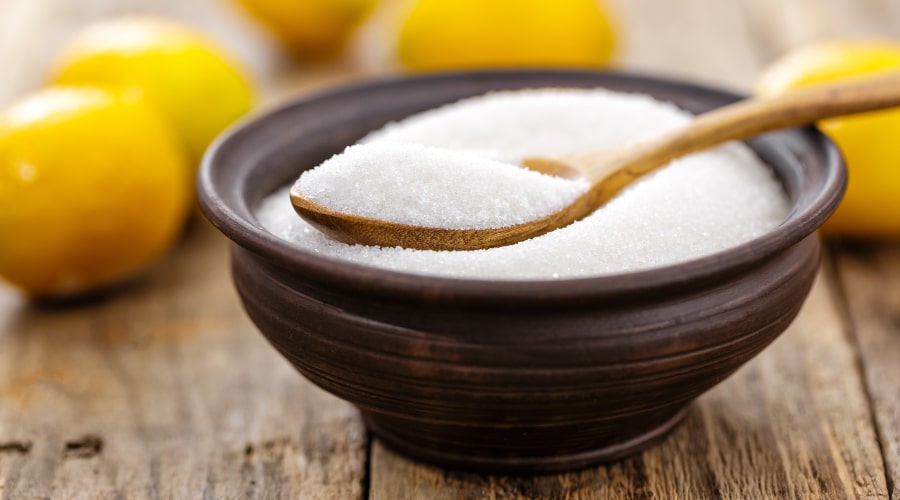
Citric acid is a strong acidic compound that can substitute white vinegar in recipes that need acidity without additional liquid.
It’s particularly useful in canning, preserving, and pickling. To substitute, use 1/4 teaspoon of citric acid for every teaspoon of vinegar.
Citric acid is flavor-neutral, making it a good choice for recipes that maintain the original taste.
10. Sherry Vinegar
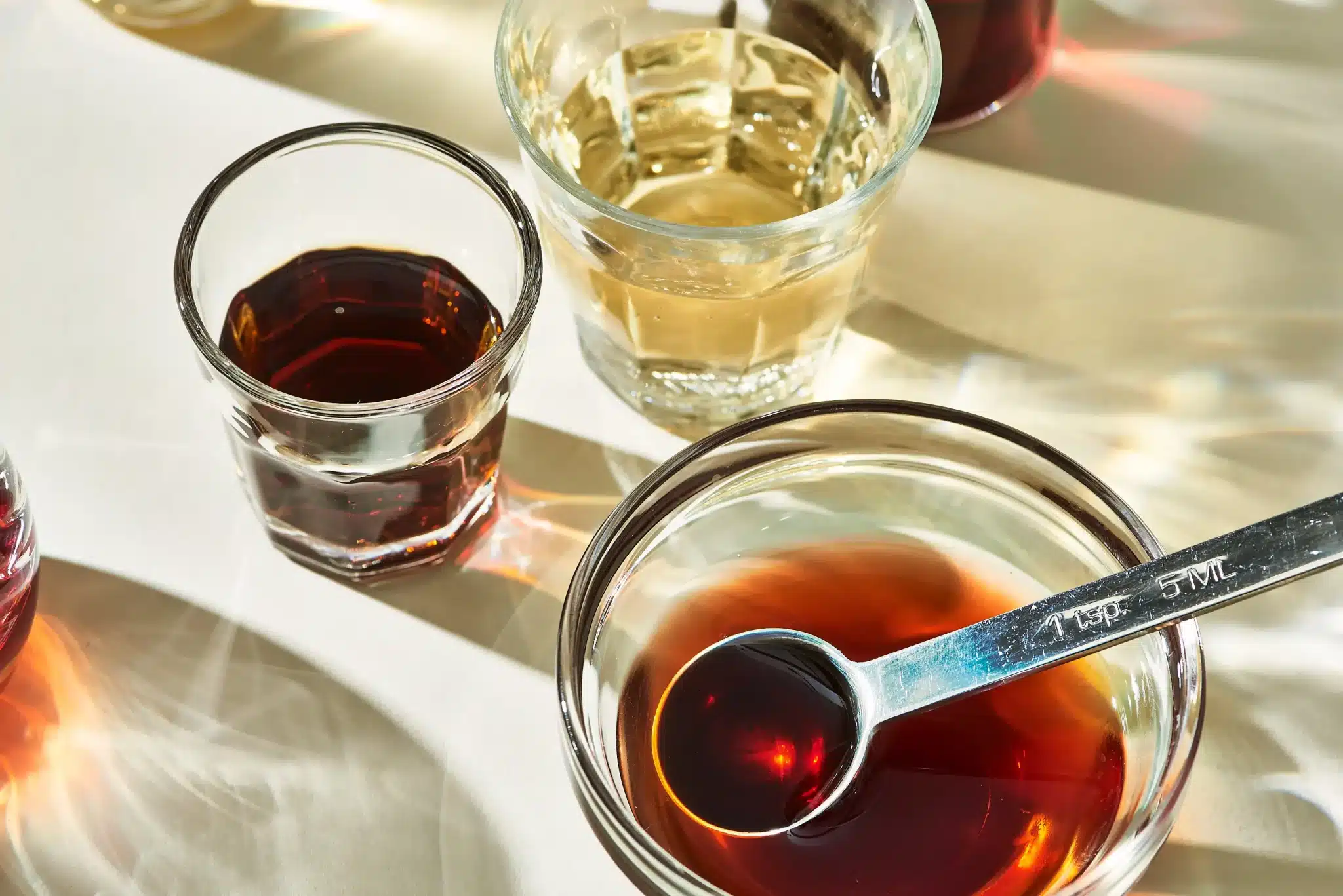
Sherry vinegar is a Spanish vinegar with a rich, nutty flavor that can be used as a substitute for white vinegar in recipes that benefit from its unique taste.
It’s great in salad dressings, marinades, and sauces. Use sherry vinegar in the same amount as white vinegar, but be aware that its distinctive flavor may change the overall taste of your dish.
11. Malt Vinegar

Malt vinegar has a tangy, robust flavor, making it a suitable substitute for white vinegar in hearty dishes. It’s commonly used in pickling, marinades, and as a condiment for fish and chips.
Substitute malt vinegar in equal amounts for white vinegar. Its strong flavor is best suited for dishes that can handle its intensity rather than more delicate recipes.
12. Tamarind Paste
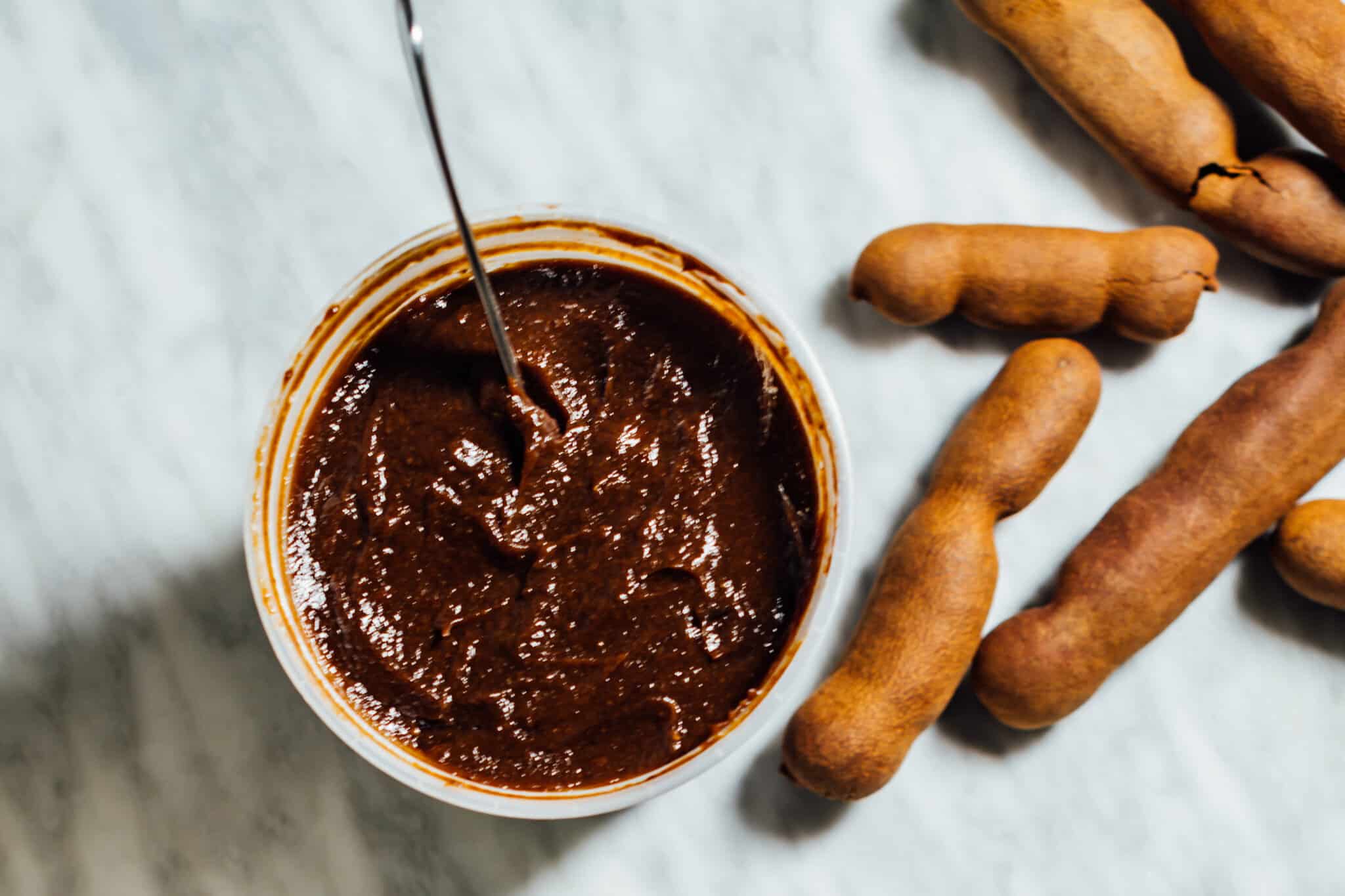
Tamarind paste offers a tangy, slightly sweet flavor, making it an interesting substitute for white vinegar in recipes that can accommodate its unique taste. It’s often used in Indian and Southeast Asian cuisines.
To use, dilute tamarind paste with water to achieve a similar consistency and acidity as white vinegar. Tamarind paste adds a complex, fruity tang to your dishes, perfect for sauces and marinades.
13. Cane Vinegar
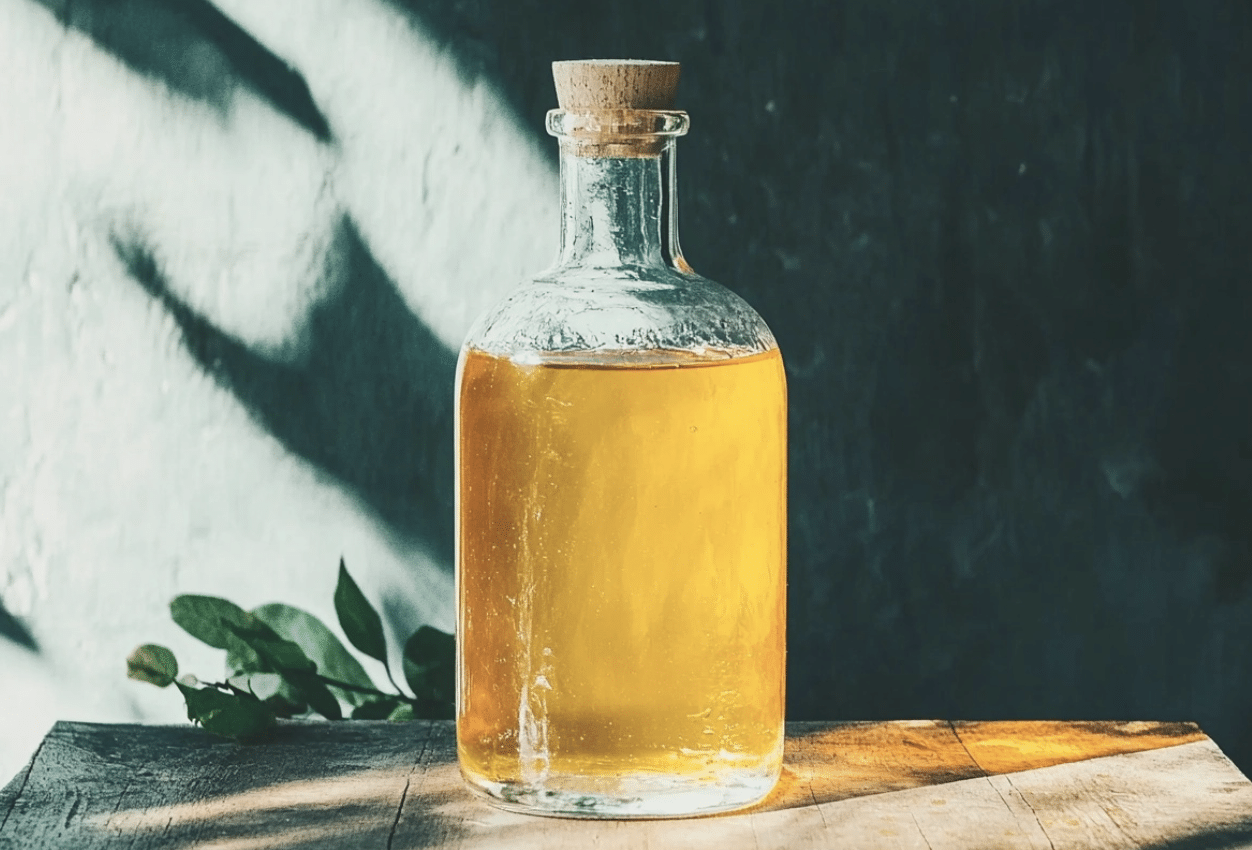
Cane vinegar, made from fermented sugarcane, has a mild and slightly sweet flavor. It’s a good substitute for white vinegar in recipes that require a gentle acidity, such as salad dressings and marinades.
Use cane vinegar in the same quantity as white vinegar. Its subtle sweetness makes it a versatile option, especially in dishes where a less intense acidic flavor is preferred.
14. Herb-Infused Vinegar
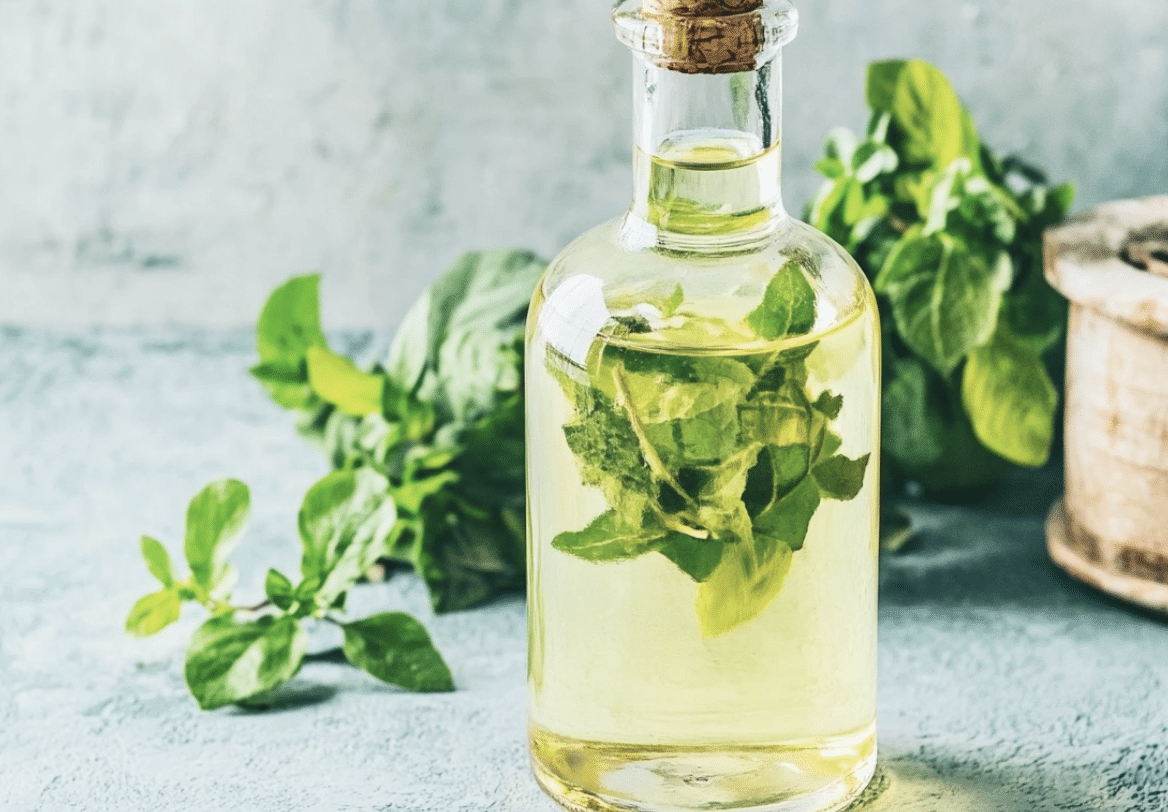
Herb-infused vinegar can be a flavorful substitute for white vinegar, adding an extra layer of taste to your dishes.
It’s ideal for salad dressings, marinades, and sauces, where the added herbs can enhance the overall flavor profile.
Use herb-infused vinegar in equal amounts to white vinegar, considering that the herbs will introduce additional flavors to your recipe.
15. Cream of Tartar
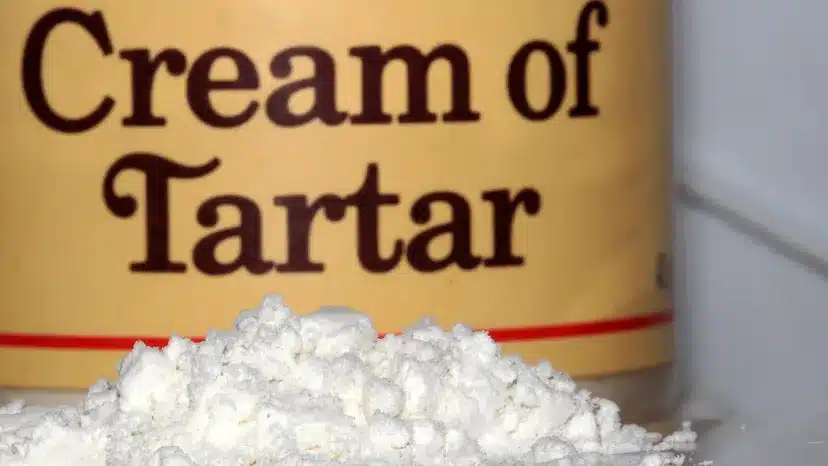
While not a direct liquid substitute, cream of tartar can be used to replace white vinegar in baking, especially in recipes that require an acidic component like baking soda.
To substitute, use 1/4 teaspoon of cream of tartar for every teaspoon of vinegar called for in the recipe.
It’s particularly useful in recipes like meringues and cakes, where it helps stabilize egg whites and adds a slight tang.
16. Distilled Vinegar
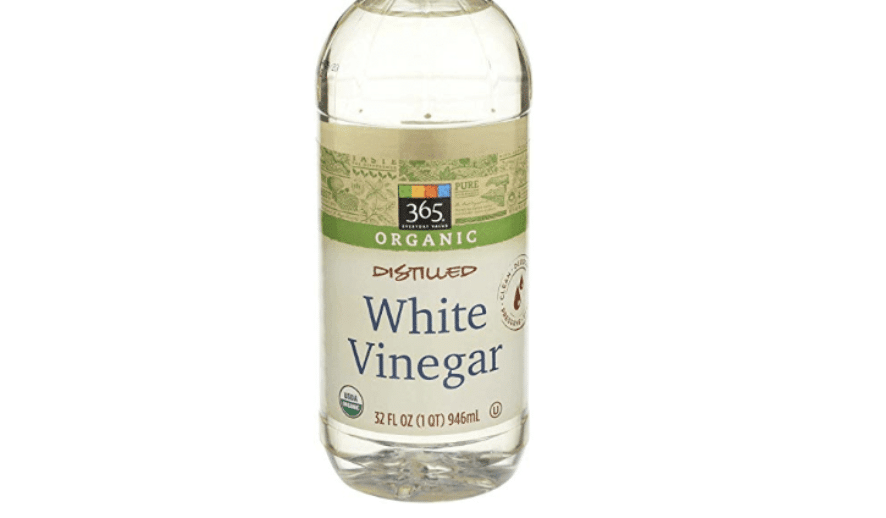
Distilled vinegar, also known as distilled white vinegar, is essentially the same as white vinegar but with a slightly more neutral flavor. It’s a direct substitute in any recipe that calls for white vinegar.
It’s widely used in cooking, cleaning, and even preserving food. Use it in equal amounts as you would white vinegar for a similar acidic punch without altering the flavor of your dish.
17. Yogurt or Buttermilk
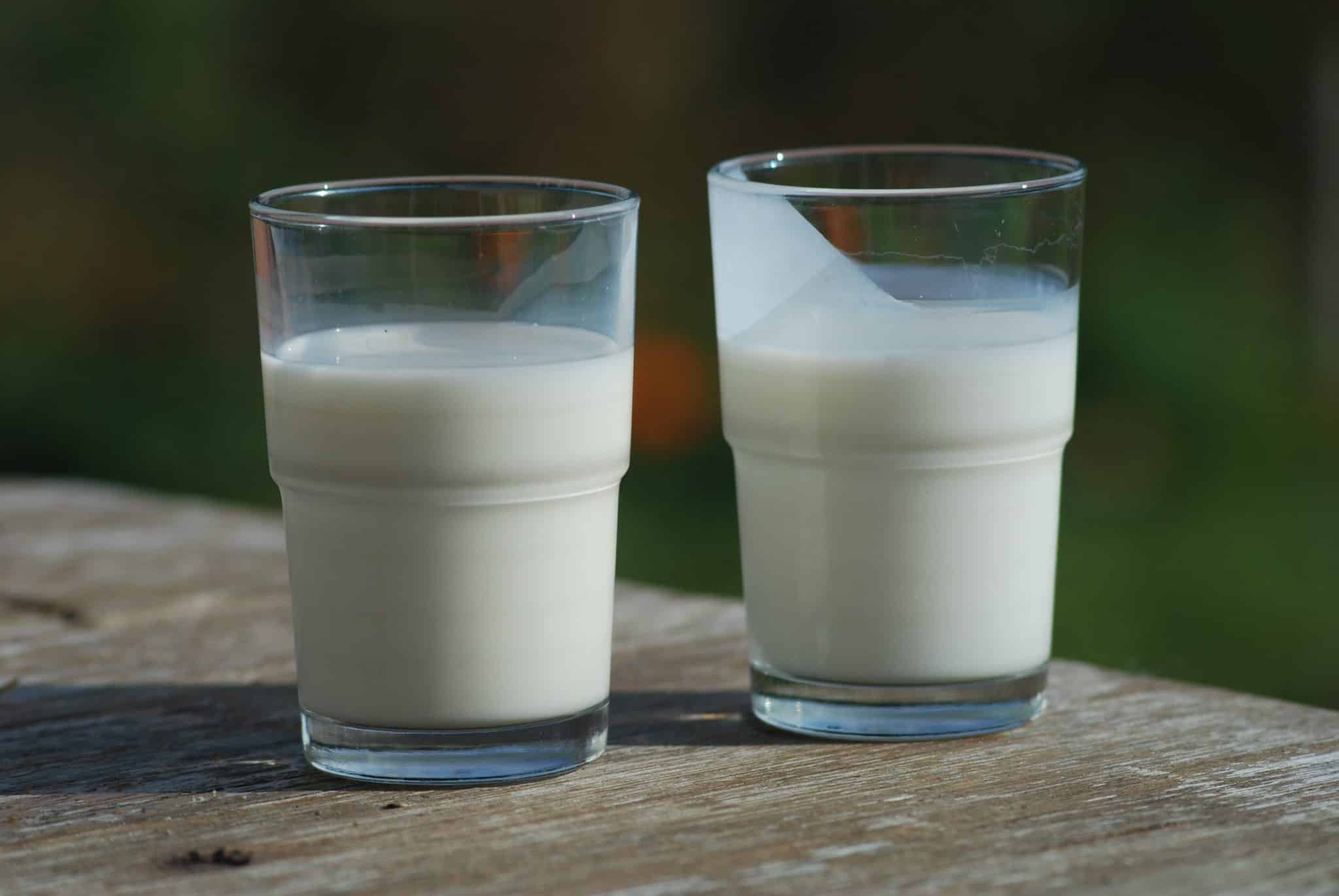
Yogurt or buttermilk can substitute white vinegar in baking and cooking, especially in recipes requiring acidity and a creamy texture.
They are ideal for making tender baked goods, like cakes and biscuits. To substitute, use 1/4 cup of yogurt or buttermilk for every tablespoon of white vinegar, adjusting the liquid content in your recipe as needed.
These dairy products add richness and moisture to your dishes while providing acidity.
Conclusion
Choosing the right substitute for white vinegar ensures that your dishes maintain the desired flavor and acidity, even when you don’t have it.
Each alternative, from citrus juices to various types of vinegar, offers its distinct benefits, allowing you to adapt recipes to your taste.
By understanding the unique properties of these substitutes, you can confidently replace white vinegar in simple and complex dishes.
Whether aiming for a subtle flavor or a more robust taste, these options provide the flexibility you need to keep your culinary creations on track.
Experiment with these substitutes to find the perfect match for your recipes, ensuring delicious results every time.

